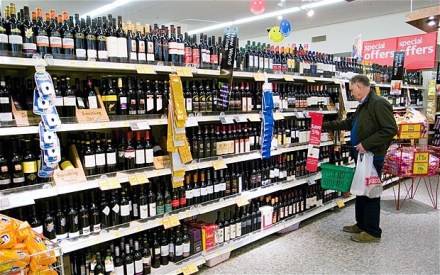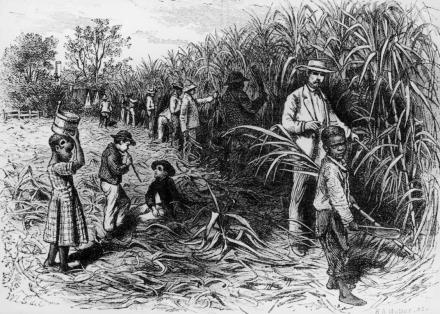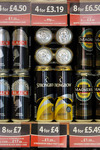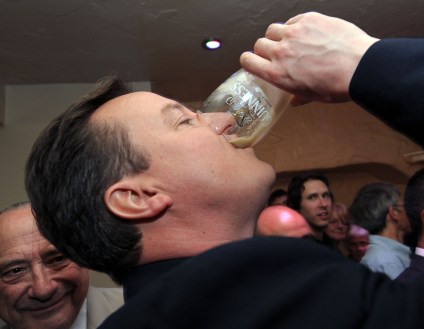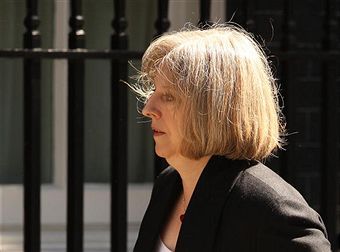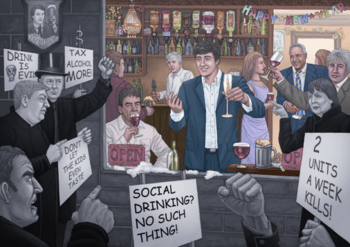A minimum price for alcohol will have a high political cost
The Telegraph reports today that the Prime Minister has asked for work to be done across Whitehall on how a minimum price for alcohol could be set. As the paper’s leader column makes clear, this will not be a politically easy thing to do. When I interviewed the Health Secretary Andrew Lansley for the Christmas issue of The Spectator a few weeks back, he was clear about why he didn’t like the concept of a minimum price: ‘I don’t like a minimum price, we are acting against below cost selling. My problem with a minimum price, well I have two problems. One is it’s regressive, so there are perfectly normal
